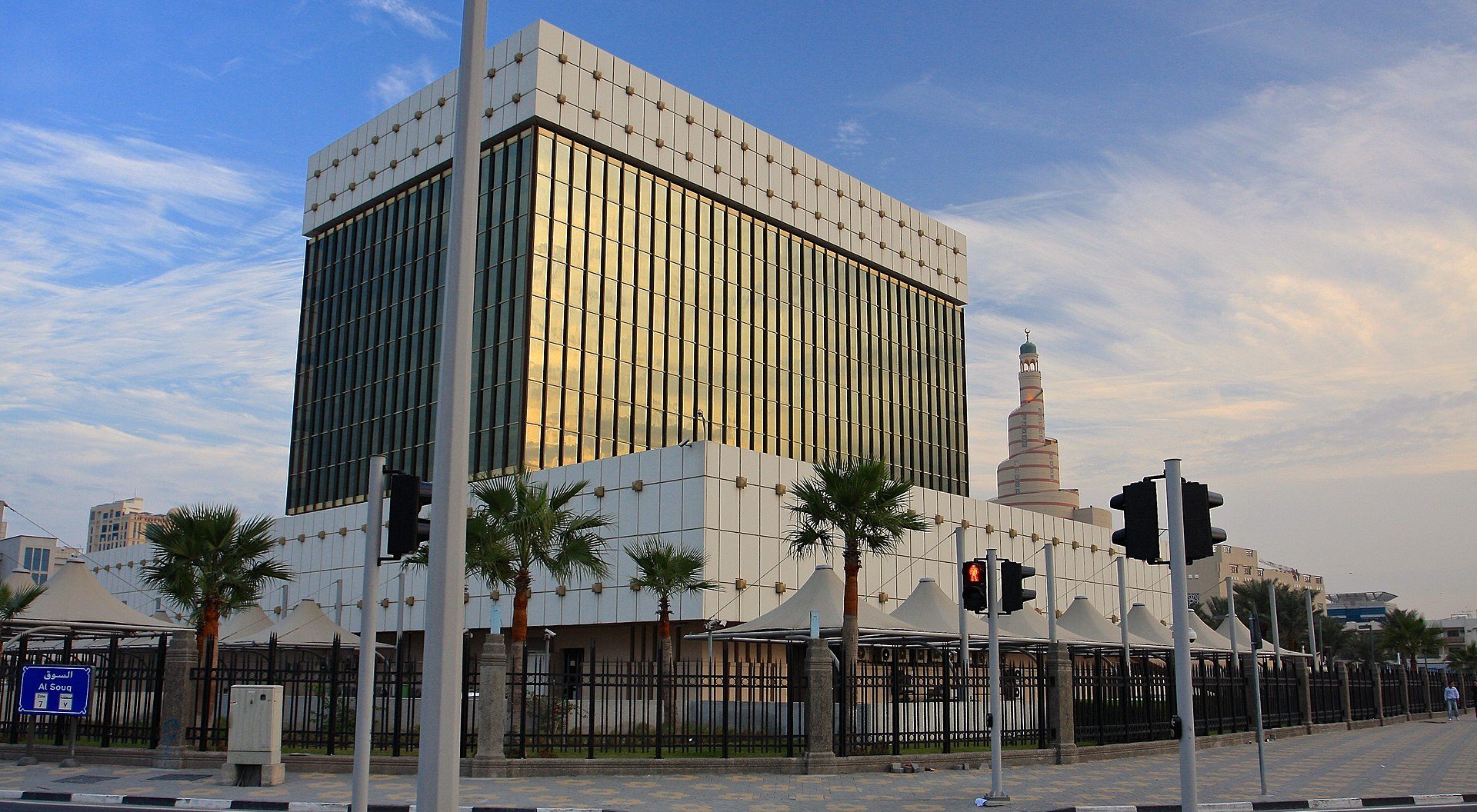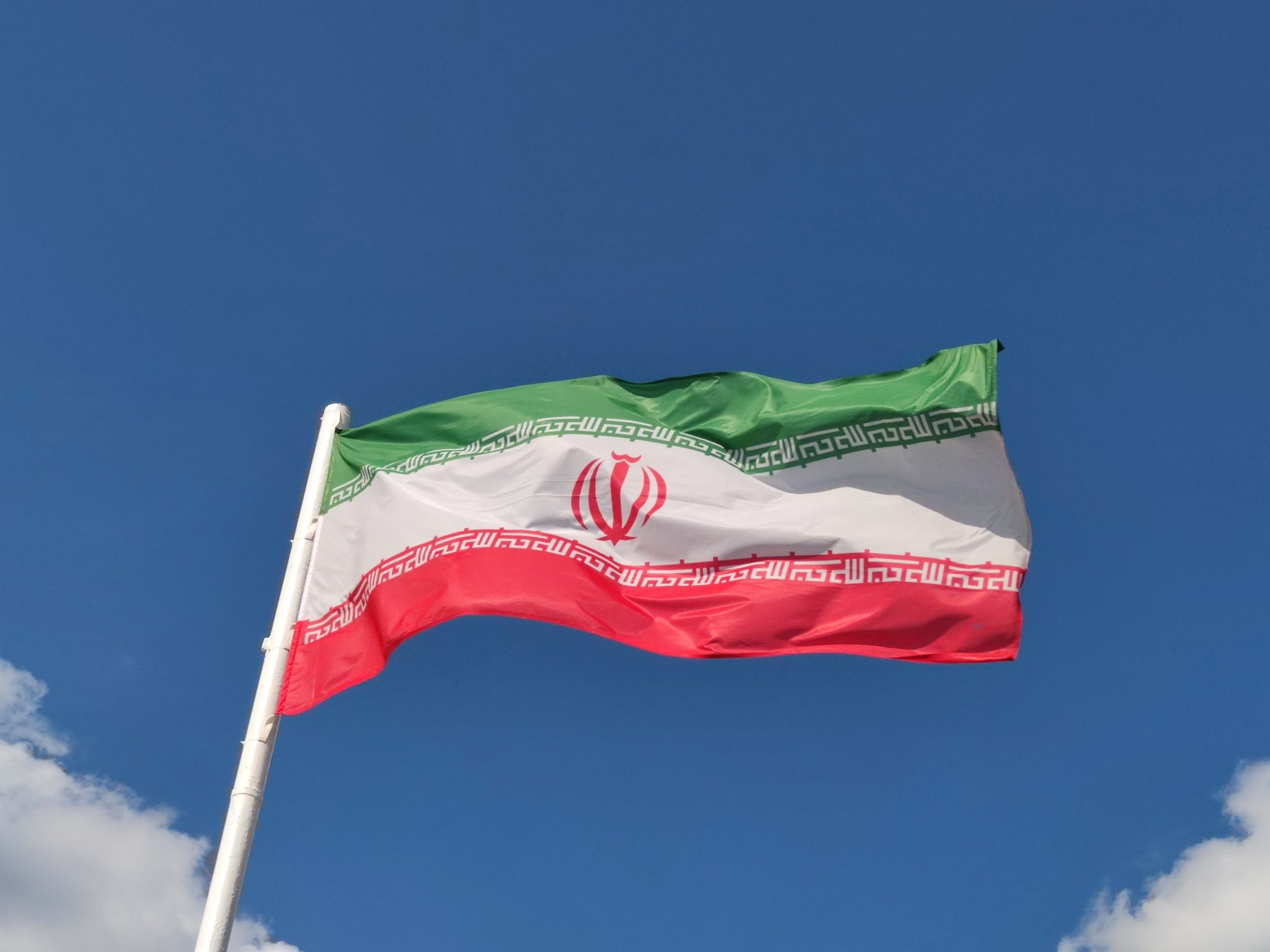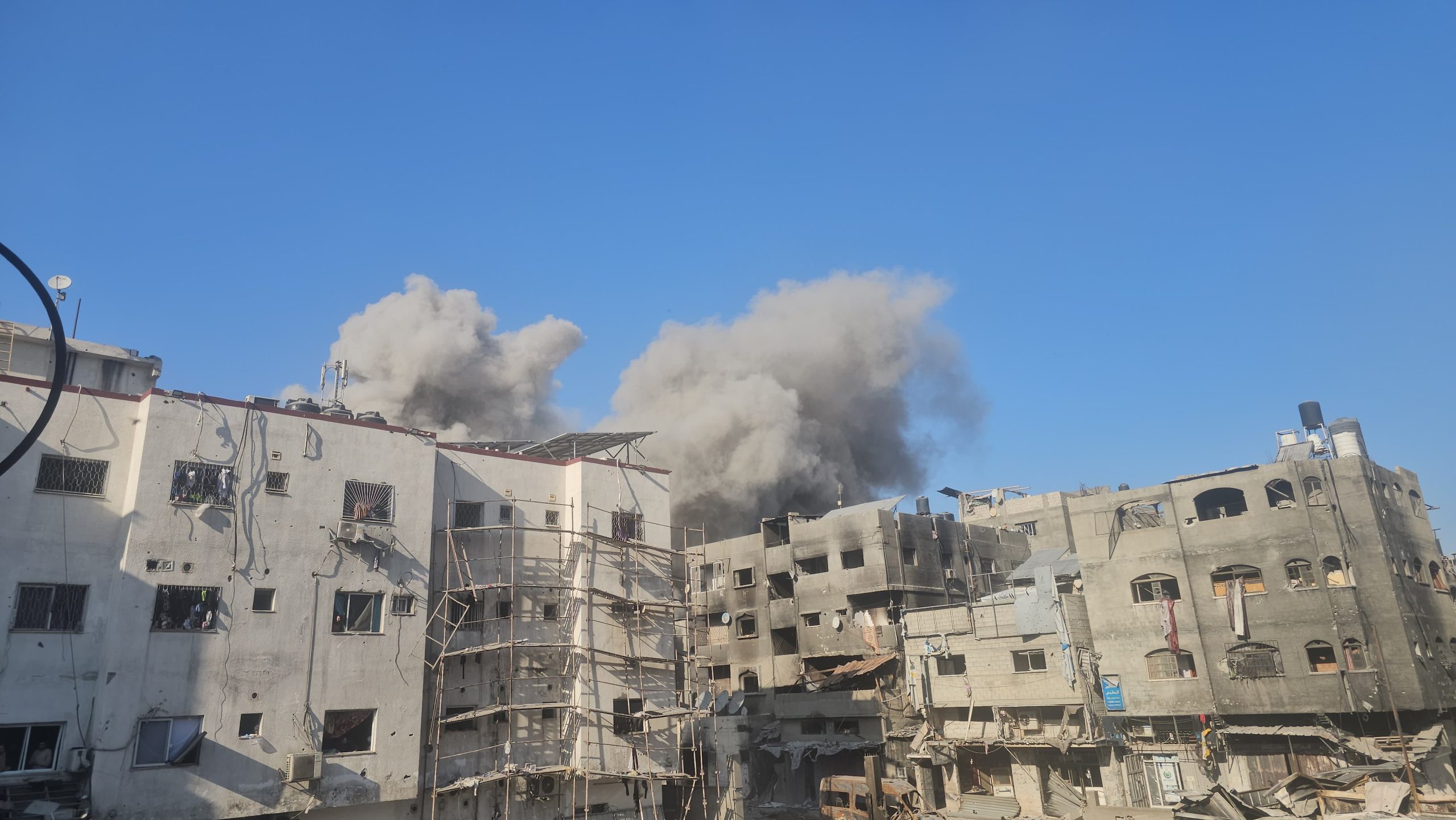Qatar’s inflation rate has risen sharply in recent years, owing to the challenges posed by the ongoing global Covid-19 pandemic.
The Central Bank of Qatar (QCB) said that its deposit and repo rates, otherwise known as the repurchase rate, will go up by 50 basis points to 1.5% and 1.75%, respectively, starting today. It will also raise its loan rate by 25 basis points to 2.75%.
Other Gulf central banks raised their primary interest rates alongside QCB in response to the US Federal Reserve raising its target policy rate by 50 basis points in the face of unprecedented inflation.
As part of its increasing drive to tackle persistently high inflation, the American Federal Reserve announced the highest interest rate boost in more than forty years on Wednesday.
Inflation is the increasing cost of everything around you with the gradual decline in the value of your money. It is the general progressive increase in the price of goods and services in a given economy over time.
As a result of increasing inflation, products and services are now more expensive than they were previously.
In January, inflation reached a record high in Qatar, the highest since 2014.
Following a quarter-point hike in March, the central bank boosted its benchmark rate by half a percentage point. The actions are a striking departure from the Fed’s easy-money strategy, which it had followed throughout the most of the epidemic.
Except for Kuwait, which pegs the Kuwaiti dinar to a basket of currencies that includes the dollar, all Gulf countries’ currencies are tied to the US dollar.
How the rest of the GCC reacted
Saudi Arabia, the United Arab Emirates, Qatar, and Bahrain all hiked their key rates by 50 basis points. Kuwait’s Central Bank raised its discount rate by 25 basis points (bps) up to 2%, a move that was much less severe than the Fed’s.
The Saudi Central Bank (SAMA) increased both its repo and reverse repo rates by 50 basis points each to 1.75% and 1.25%, respectively.
The CBUAE announced a 50-basis-point hike in its base rate, bringing it to 2.25%, effective today.
The cost for borrowing short-term liquidity from the CBUAE through all standing credit facilities would remain at 50 basis points over the base rate, according to the bank.
In line with the US Federal Reserves move, Bahrain’s Central Bank also upped its main policy rate on its one-week deposit facility by 50 basis points to 1.75%.
The CBB also raised its overnight deposit and lending rates by 50 basis points to 1.5 percent and 3%, respectively, and raised its four-week deposit rate by 75 basis points to 2.5 percent.
The Central Bank of Oman, which is also a member of the Gulf Cooperation Council, is largely expected to follow suit.







